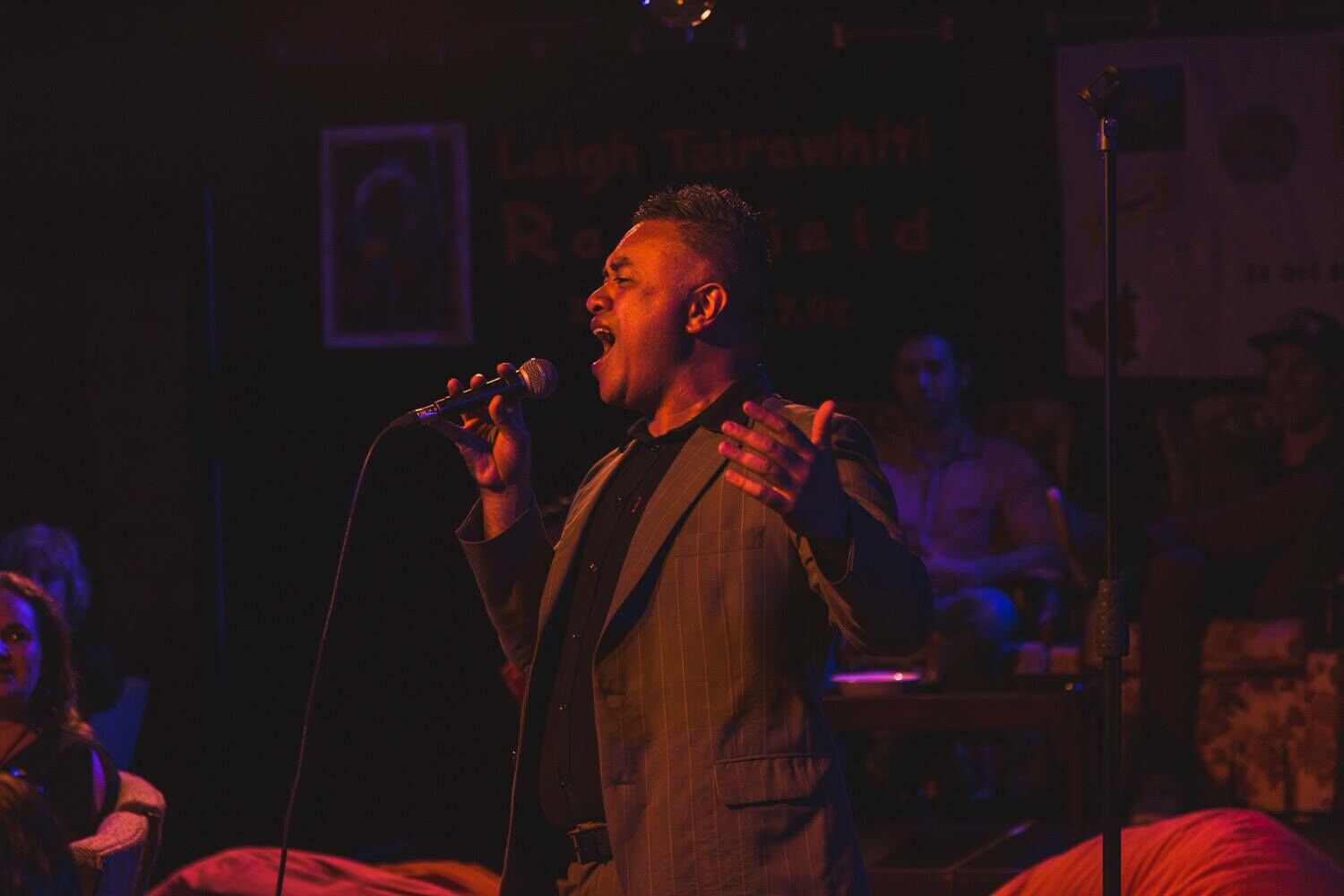Meet Borni Te Rongopai Tukiwaho, the first-ever Māori director representing Auckland Fringe Festival. A two-week annual Arts festival that runs from February 25th till March 7th promoting inclusivity, diversity, and celebrates otherness.
The Fringe festival is a worldwide phenomenon (existing nationwide & internationally), but Auckland Fringe has been on its resurgence with 2020
bringing in a brand-new director and a committed team of 3. In just 8 weeks
they’ve managed to pull off a stellar line-up of 60+ experimental, daring and exciting shows. A big part of what they’re doing is honouring the already established framework implemented by the previous director(Lydia Zanetti) and bringing in new strategies so that it can continue to grow in Tāmaki Makaurau.
TEDxAuckland sat down with Borni to discuss the Auckland Fringe phenomenon, his place within it and vision for the festival’s future.
“Auckland Fringe exists to create spaces for those who may feel othered or on the outer fringe spaces.” Since landing the position, Borni has discovered “opportunities to give a wider birth of encouragement for people to participate, multi-cultures to see themselves represented, and make accessibility (disability, financially) easier.” If we see ourselves represented, we feel encouraged to be a part of it. “There’s a lot of cool opportunities for Auckland to represent itself into a space where we are more representative of who we are on the streets.”
Borni, originally from Rotorua, grew up with a strong understanding of where he came from as his mum is rooted in tikanga. “Being Māori has really shaped how I move through spaces and interact with people. What I’m hoping to do with Auckland Fringe is breathing authenticity into the space.”
His journey throughout the last 20 years been around artistic journeys and education. “The idea of flourishing is really important to me. What hooked me into Auckland Fringe was the korero around their vision for the next stage of Fringe.” The fringe board wanted to find an authentic identity for Auckland Fringe that stood alone, but still honoured the Fringe whānau. “I was really excited to be a part of something that was looking at how to look after our people, sector, industry, whilst at the same time inviting others to be a part of what we do.”
The greatest piece of advice Borni has received is from his Mum. “remember who you are and where you’ve come from. It’s a whakataukī for me. Who I am and where I come from is also about the land that I belong to.” This message resonates with his vision for Auckland Fringe, as he realised it didn’t have a relationship with tangata whenua and quickly reached out. “When you’re on someone’s land you need to be able to walk alongside them and be respectful of the kawa and tikanga of that space. I use my own understanding of waiata, korero, but also continue to ask questions around protocols and processes so that they can be implemented without translation in such a way that people still feel excited to be a part of it.”
Borni hopes that people are excited to come to Auckland Fringe because “there’s a difference in manaakitanga. We’ve initiated the idea that each year we’ll have a spotlight kaupapa that we work with.”
This year, his team has implemented a model of working together called tuakana teina. This coincides with their new initiative Whakawhirinaki. “We’ve invited a group of Arts organisations to be a tuakana for artists in Fringe this year. For example, we have partnered with the NZ Opera who will be a tuakana to Jelly Belly. Tuakana are there as a sounding board for the artists if they need any help. “It’s a support network where artists might also start to understand what it’s possibly like to move past a Fringe space as well. A really important question when creating art is what can it become not just what is it now?”
Auckland Fringe Festival is in its final week! Check out what’s on.
